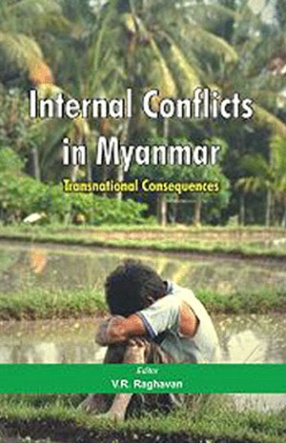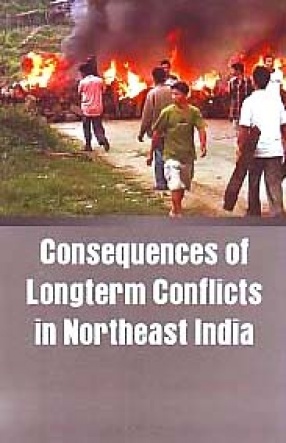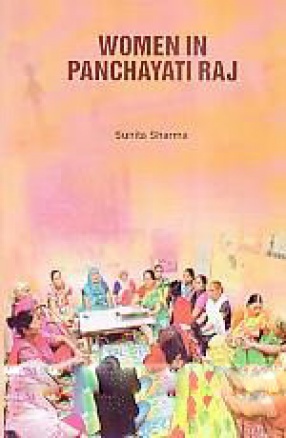In the recent years, the interstate wars have declined and intrastate wars/ internal conflicts are on rise. Impacts of internal conflicts are no longer limited within a nation state, they incur international consequences of disturbing magnitude.
Myanmar (Burma) is affected by two types of internal conflicts. The first is between the military government and various ethnic groups spread along the international borders with India, China, Laos and Thailand. These ethnic minorities speak different languages, have different cultures and have taken up arms. They seek to have a say in the political process, economic development of their regions and the right to practice their language, culture and religion without constraints. They have been operating across the international borders. In the absence of economic security, law and order and effective governance to meet their needs, they tend to indulge in various illegal activities like arms smuggling and drug trafficking having effect on the neighbourhood. The second internal conflict is due to the aspirations of the people demanding democratic government which is being severely put down by the military junta. The conflict arising out of the democratic aspirations of the people and the approach of the military government has serious implications to the neighbouring countries.
This volume comprises of eleven research papers presented at the seminar held in Singapore in May 2010 in collaboration with Institute of South East Asian Studies (ISEAS), Singapore.








There are no reviews yet.